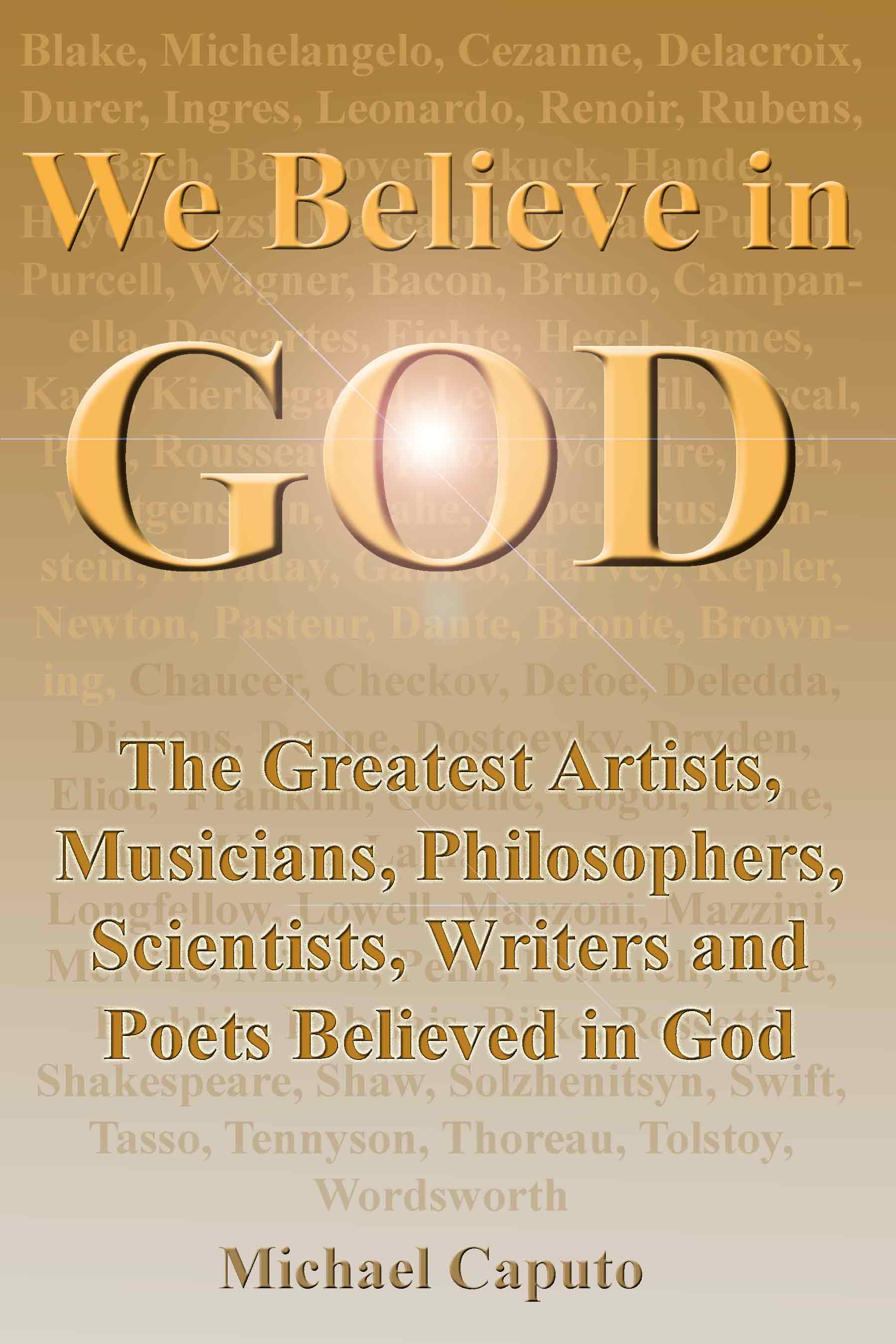"Which gets us to another
problem with Harris's work often cited by critics: He can preach only to
those who have left the choir. As a critique of faith, "You people are nuts"
isn't likely to change a lot of minds. There is the broader question, too,
of whether religious moderates really are enablers for extremists. Maybe
moderates are a bulwark against fanatics. If this is really a war of ideas,
it is probably not a war between no religion (which is what Harris would
like) and extremism. It's a war between moderation and extremism, which is a
war one needs moderates to fight.
"You're not going to convert
everyone to atheism," says Harvey, the retired Stanford professor. "Secular
humanists like Harris ought to be concerned with allies, to win fights on
questions like the separation of church and state. But Harris isn't
concerned about the political implications of his arguments, because he
thinks that anything supernatural is evil."
"Harris isn't against all
religion. He endorses Jainism, a religion-philosophy from India that finds
God in the unchanging traits of the human soul. But everyone who organizes
his or her life around an ancient text that purports to convey the words and
sentiments of God -- Harris would like you to surrender your prayers,
history and traditions. You are welcome to check out Jainism, but Harris
recommends that you accept his conclusion, which is that we live in a
universe without God. Deal with it."
"The End of Faith" and
"Letter to a Christian Nation" contain plenty to outrage just about
everyone. Harris assails political correctness, evangelicals, liberals,
right-wingers and even Judaism, which often gets a pass in such debates.
(Harris charges that Jews have been complicit in their centuries-long
persecution because they have insisted on setting themselves apart from the
rest of the world.)
David Segal,
"Atheist Evangelist.", http://www.washingtonpost.com/wp-dyn/content/article/2006/10/25/AR2006102501998.htm
If Harris is right,
there can't be any genuine engagement between reasonable people
(people like Sam Harris) and Christians or other religious believers. As
Douglas Wilson observes, "It is one thing to say that we ought to move away
from politically-correct euphemisms (which I agree with), and then to go on
to say that everyone in the history of the world outside your little
atheistic society is a raving psychopathic wackjob."
John Wilson,
Book Review: "A response to Sam Harris' Letter to a
Christian Nation."
http://www.christianitytoday.com/books/features/bookwk/070507.html
"Sam
Harris has brought his brand of evangelical atheism back to the HuffPo with
his aggressively named post, "Science
Must Destroy Religion." It's filled with
the language of intolerance, rife with logical flaws, and it fails to meet
the standard of the great atheist Bertrand Russell, who said "I shouldn't
wish people dogmatically to believe any philosophy, not even mine." Ralph
Waldo Emerson said, "If you want to lift me up you must be on higher
ground." Contempt and arrogance have no place on that ground."
"Clearly,
religious moderation is the gravest offense of all in Harris' book.
"It is
perfectly absurd for religious moderates to suggest that a rational human
being can believe in God simply because this belief makes him happy,
relieves his fear of death or gives his life meaning," Harris continues.
Why? Harris' explanation takes the form of a flawed metaphor for religious
belief - a man who believes there is a buried diamond "the size of a
refrigerator" in his backyard.
The metaphor
is a clumsy one on a number of levels. First, belief in a Supreme Being
usually implies the existence of an overarching Consciousness (the Deity),
and often suggests life after death and the existence of a soul. This not
only provides comfort, but in most religions dictates a code of behavior as
well. Would a giant diamond dictate behavior, or reassure the dying about an
afterlife? Would such a man believe that "Diamond is Love"?
Of course
not, because it's a poorly chosen analogy. And even if it were not, Harris
fails to make the case that permitting "the diamond man" his belief would
cause harm to anyone. He labels it - as psychotic behavior - but
only after creating an analogy that might appear that way. If one is going
to argue for logic over faith, it's a good idea to make your logical
arguments a little stronger than this.
But logic
isn't Harris' strong suit...
Says Harris
in an interview, "... it is simply a fact that a tradition like Buddhism has
developed far more sophisticated methods of introspection than we have in
the West." So, let's see - if Harris finds something commendable about it,
it's a "tradition." If not, it's a "religion."
And what
about those other "religions"? When Harris isn't condemning religious
moderates - those who believe in science - he's condemning religion for not
believing in science. The non-theistic meditations in Buddhism -
contemplating the Unknowable, for example - are presumably an acceptable
'tradition,' while the non-theistic meditations of Islamic Sufism
(contemplating Allah as the Unknowable) are not.
Confused?
That's understandable. It takes faith to accept these arguments at
face value. That's especially true when Harris, who argues that religions
are the cause for the world's political conflicts, addresses those who point
out that Stalin, Hitler, Mao, and Pol Pot were all non-believers."
RJ Eskow, "Reject
Arguments For Intolerance - Even From Atheists."
http://www.huffingtonpost.com/rj-eskow/reject-arguments-for-into_b_13240.html
While Harris
is correct that religion can become a pernicious and oppressive right-wing
force, it also has the power to inspire, sustain and instigate compassionate
social action of a profoundly leftist stripe. This is the Catholicism of
Dorothy Day and liberation theology -- a tradition that Harris blithely
ignores. As a pinko-liberal-feminist atheist, and as a person who has
devoted my own life to expanding the public understanding of science, I too
fear the dogma, meanness and narrow mindedness of the religious right, but I
know from first-hand experience -- learned at my mother's knee -- that the
left hand of God is also one of the greatest powers for social change on
this planet.
Margaret Wertheim,
The End of Faith?
http://www.huffingtonpost.com/margaret-wertheim/the-end-of-faith_b_16542.html
A
CHRISTIAN RESPONSE, WEB SITES
JP Holding:
Letter to a Maladjusted Misotheist
Joel McDormon:
Return of the Village Atheist
William F. Vallicella:
Are Atheists Evil? Bad Reasoning in Sam Harris
Doug Wilson:
Letter from a Christian Citizen
Wittenberg Door:
Part 1,
Part 2,
Part 3,
Part 4a
Benjamin Wiker:
Another Atheist Tantrum
Among the Non-Believers--The Tedium of Dogmatic Atheism
The Faith of Disbelief
I Don't Believe in Atheists
Sam Harris's Faith in Eastern Spirituality and Muslim Torture






